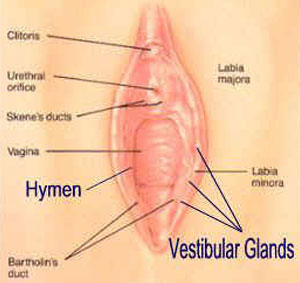
A sexually transmitted disease (STD), also known as sexually transmitted infection (STI) or venereal disease (VD), is an illness that has a significant probability of transmission between humans by means of human sexual behavior, including vaginal intercourse, oral sex, and anal sex. While in the past, these illnesses have mostly been referred to as STDs or VDs, in recent years the term sexually transmitted infections (STIs) has been preferred, as it has a broader range of meaning; a person may be infected, and may potentially infect others, without showing signs of disease.

Some STIs can also be transmitted via the use of IV drug needles after its use by an infected person, as well as through childbirth or breastfeeding. Sexually transmitted infections have been well known for hundreds of years. Classification and terminology Until the 1990s, STDs were commonly known as venereal diseases: Venires is the Latin genitive form of the name Venus, the Roman goddess of love. Social disease was another euphemism. Public health officials originally introduced the term sexually transmitted infection...
Syphilis usually begins as a small ulcerating type of lesion which may occur anywhere in the body, the most common sites being the penis, the vulva or in the vagina. Violent or rough sex behavior often results in abrasions and thus the virus comes in direct contact with the blood. Gonorrhea is usually transmitted by sexual contact. An acute inflammation of the male urethra or the vagina of the female due to infection through pus by the gonorrhea germs is known as gonorrhea. A person having a high degree of toxemia and a low vitality may develop this condition with the slightest secretion. A clean blood stream and a high vitality on the other hand may protect one from this disease.
The wise plan, however, is to avoid all chances of infection. The common chance is the sexual act in which one of the partners has this disease. Sometimes it may be contracted through other sources or it may be hereditary.
Gonorrhea is a more difficult disease to identify than syphilis. About two thirds of women with this disease have no symptoms at all or at most very trivial ones which may be passed off as an apparently harmless vaginal discharge. The usual symptom in the male is a discharge from the tip of the penis.
If the disease is neglected or improperly treated, it may spoil the entire blood stream which may produce gonorrheal rheumatism and cause affection of the eyes. Proper treatment is, therefore, highly important soon after the occurrence of the infection.
Syphilis and gonorrhea are quite amenable to successful treatment by proper dietary and other natural methods, leaving no ill effects to mar the future life and happiness of their victims. Suppressive drugs employed by the modern medical system in the treatment simply halts the active manifestations of the diseases in the victim's system for the time being. The disease poisons and the metallic drugs used are still left in the patient's system and these have a most destructive effect upon the tissues and structures of the body, especially upon the nervous tissues.
